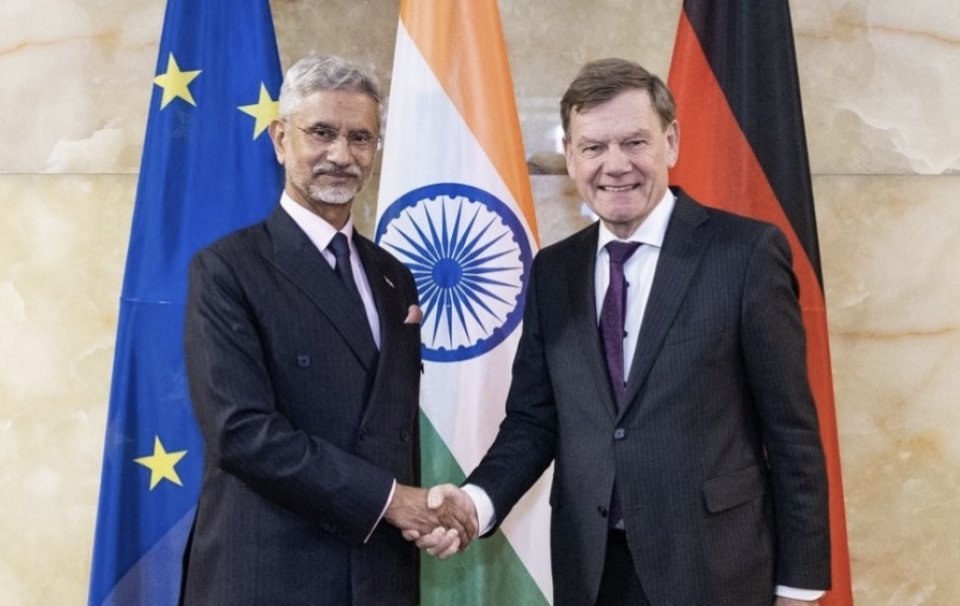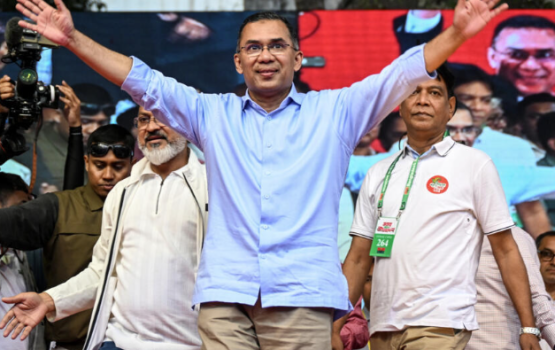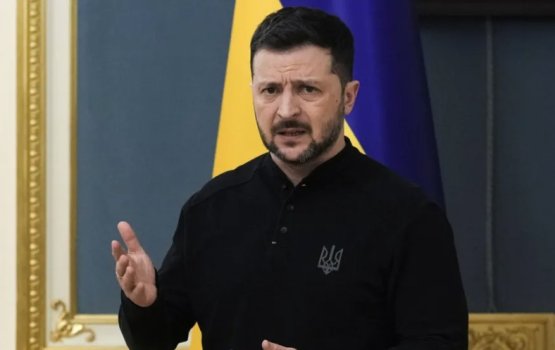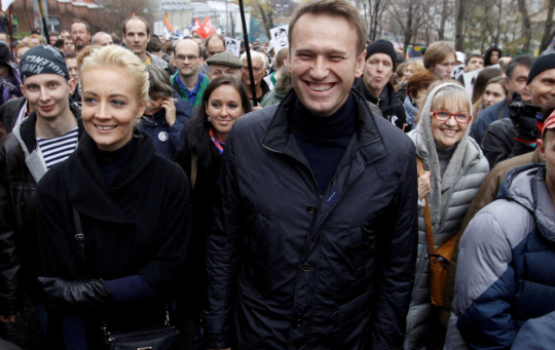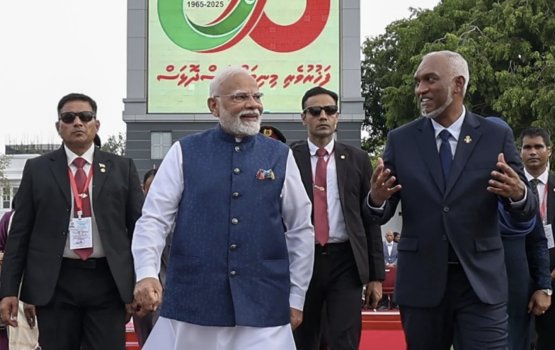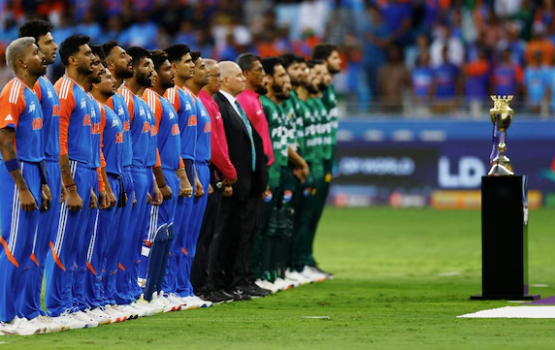The deadly terror attack in Pahalgam, Jammu & Kashmir—a region that has long been the epicenter of cross-border militancy—has reignited global concerns over terrorism in South Asia. India’s swift and targeted military response through Operation Sindoor reaffirmed its zero-tolerance doctrine. Yet, amidst growing international support for New Delhi, one voice stood out for its caution and ambiguity: the European Union.
While individual EU member states like France, the Netherlands, and the United Kingdom (post-Brexit) condemned the attack unequivocally, the EU as a bloc adopted its usual position—measured, non-aligned, and diplomatically neutral. Analysts say the EU’s failure to call out Pakistan’s alleged role in the attack reflects a broader strategic reluctance to confront uncomfortable truths when it comes to South Asian security.
A Familiar Pattern: Sympathy Without Strategy
The attack in Pahalgam, claimed and later denied by The Resistance Front, a proxy linked to Pakistan-based Lashkar-e-Taiba, resulted in a firm response from India. Intelligence gathered after the attack allegedly confirmed communication links between the attackers and handlers in Pakistan. India has since accused Pakistan of orchestrating the assault through its state-supported terror infrastructure.
But the EU’s reaction stopped short of addressing these claims. European Commission President Ursula von der Leyen called the attack “vile” and praised India’s resilience, but the broader EU statement quickly shifted focus—urging restraint, de-escalation, and dialogue between India and Pakistan, as if both were equal participants in the crisis.
This diplomatic evenhandedness, Indian officials argue, dilutes the EU’s moral authority. "When you place the victim and the perpetrator on the same moral plane, you are not condemning terror—you are managing optics," said a senior Indian diplomat involved in backchannel discussions.
The Strategic Dissonance Within Europe
The response from individual European capitals painted a starkly different picture:
French President Emmanuel Macron condemned the attack in no uncertain terms and reaffirmed France’s partnership with India in its fight against terrorism. France has emerged as one of India's key defence partners, with the Rafale jets used in Operation Sindoor symbolizing deeper strategic alignment.
Dutch Prime Minister Dick Schoof called the attack a “cowardly act” and expressed unequivocal solidarity.
UK Foreign Secretary David Lammy stated that “India has every right to be outraged,” while former Prime Minister Rishi Sunak emphasized that no democracy should be expected to tolerate cross-border terrorism.
Yet the European Union, despite its own history of terror attacks and a decades-long counterterrorism strategy, chose to avoid directly naming Pakistan—a country repeatedly flagged for supporting terror organizations, including by the Financial Action Task Force (FATF).
A Question of Credibility: Counterterrorism vs. Geopolitical Calculus
The EU’s Counterterrorism Strategy, adopted in 2005, is built on four pillars: prevent, protect, pursue, and respond. However, the response to state-sponsored terror linked to Pakistan has been glaringly absent. Despite mounting evidence and repeated attacks in India attributed to groups operating from Pakistani soil, Brussels has remained diplomatically aloof.
This is not the first time. Whether it was the 2008 Mumbai attacks, Pulwama in 2019, or the Balakot airstrikes, the EU has consistently chosen neutrality over naming and shaming terror sponsors. As Indian External Affairs Minister S. Jaishankar put it bluntly in a recent address in Berlin: "India is not looking for preachers who don’t practice at home what they preach abroad."
Why the EU’s Posture Matters Now More Than Ever
In an era where the EU seeks to be seen as a "security provider" beyond its neighborhood—as outlined in its Strategic Compass—its inconsistent approach to global terrorism, especially in South Asia, undermines its stated goals.
India, on the other hand, has been consistently vocal and supportive in condemning terror attacks in Europe. From Paris (2015) to Brussels (2016) to Vienna (2020), India has offered moral clarity and diplomatic backing without hedging.
This principled stance stems not just from shared democratic values, but from a deeply entrenched belief that terrorism anywhere threatens global peace. That consistency, Indian analysts say, deserves reciprocal recognition.
The Road Ahead: Can Brussels Bridge the Gap?
New Delhi has not remained passive. It has launched an all-party diplomatic outreach, with a delegation led by senior leader Ravi Shankar Prasad touring France, Germany, Denmark, Italy, and Brussels. The mission: to build a durable political consensus on counterterrorism cooperation, especially against state-backed actors.
This initiative ties into broader frameworks like the India-EU Strategic Partnership Roadmap 2025 and the India-EU Counterterrorism Dialogue. These platforms offer tools to synchronize global counterterrorism responses—if political will exists on both sides.
“There is a long-term opportunity for India and Europe to converge as global security partners,” says a senior EU diplomat. “But for that, we need to confront uncomfortable realities, especially when it involves nations like Pakistan.”
A Strategic Imperative, Not Just a Diplomatic Courtesy
As India grows in economic weight and geopolitical influence, Europe must recalibrate its posture. Strategic silence on Pakistan’s terror links may serve short-term diplomatic optics, but it damages long-term trust—particularly with a partner like India that has stood firmly against terrorism.
If the EU truly seeks to play a global role in safeguarding security and democratic values, it must show moral clarity and political resolve. That starts by recognizing the asymmetric nature of the threat India faces—and standing with it, not beside it. (Reported on The Diplomat)

